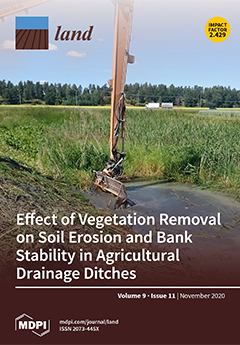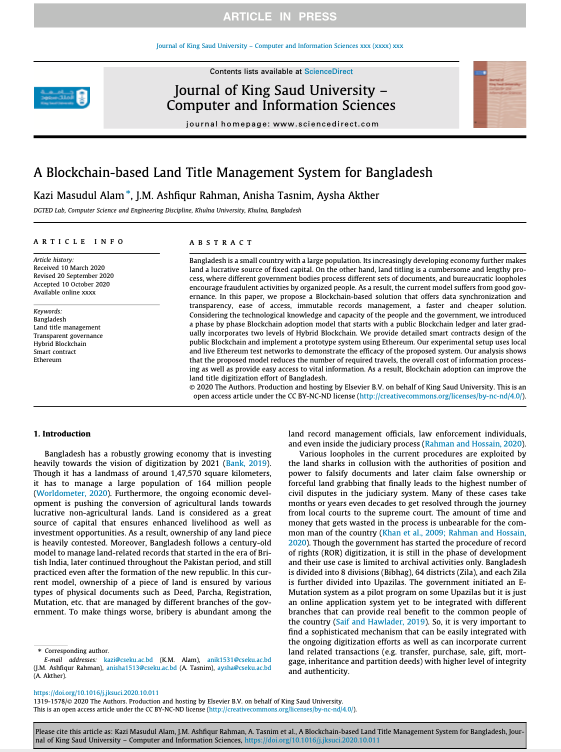When Tradition Meets Modernity in Land Registration: Evidence from Dagbon, Ghana
Development practice over recent years in much of Africa prioritized formalization of land policies deemed to enhance better handling and use of land as an asset for social development. Following this trend, land reform policy in Ghana was based on a pluralistic legal system in which both the customary land tenure system and the statutory system of land ownership and control co-exist by law. The primary research question for this study was the following: What implications emerge when customary land tenure system and the statutory system of land ownership and control co-exist in law?





